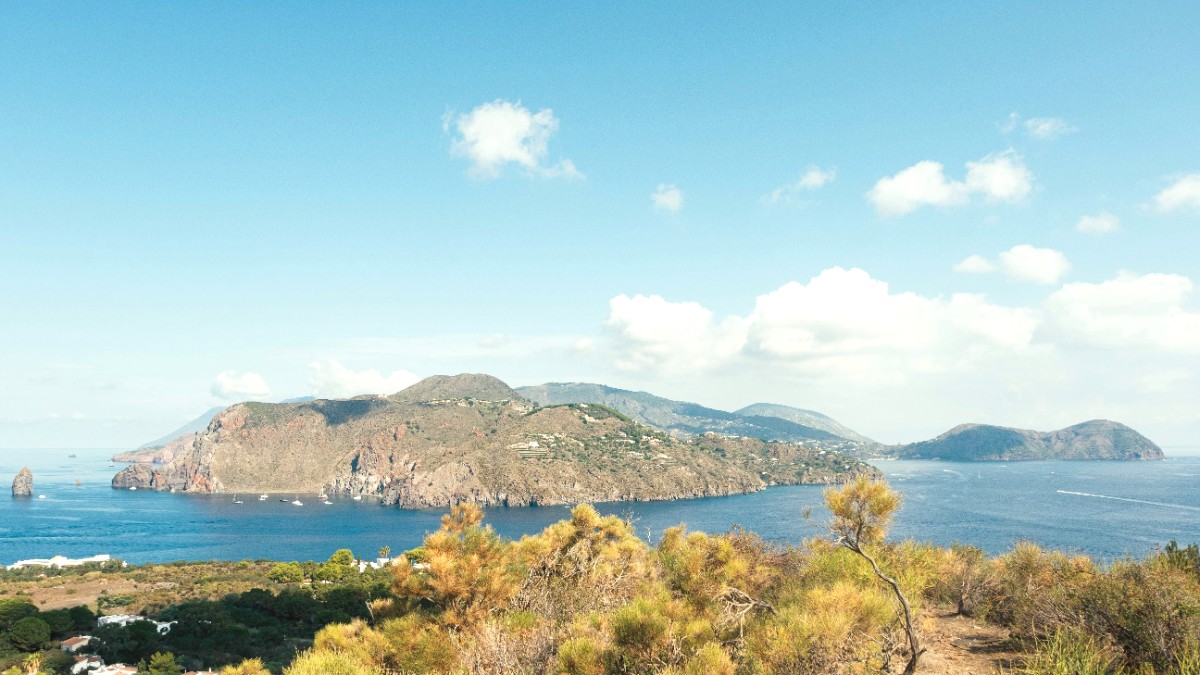
Italy
The islands fall within protected marine and terrestrial areas. Efforts preserve their unique flora, fauna, and geological formations. Stick to marked trails when hiking and respect all signs related to protected zones.
Freshwater is a precious resource on the islands, especially during the hot, dry summer months. Many islands rely on desalination plants or water transported by ship. Be mindful: take shorter showers, turn off taps when not in use, and report any leaks.
Waste management can be a challenge on small islands due to limited space and resources. Minimize your personal waste by avoiding unnecessary packaging and single-use plastics. Separate your recyclables and dispose of them in designated bins where facilities are available. Never leave trash behind.
Your choices impact the local community. Travel with respect and awareness.
Support local artisans and businesses that preserve traditional Aeolian crafts, art, and cultural practices.
When visiting any church: maintain a quiet demeanor, keep your voice low, remove hats upon entering, and ensure shoulders and knees are covered.
Dine at family-run trattorias and restaurants. They often offer authentic cuisine and support local families. Buy souvenirs and gifts from local artisans, independent boutiques, and markets. For tours, especially volcano hikes, hire licensed local guides. Their expertise is valuable.
Find Eco-friendly Accommodation (Ecobnb)When purchasing souvenirs or local products, choose fair trade or ethically sourced options. Buy local products like capers, Malvasia wine, and artisan crafts directly from producers or small, independent shops rather than larger, generic tourist stores.
Sustainable Gear (Patagonia) Reusable Products (Package Free Shop)Your spending choices directly influence the local economy. Make choices that benefit the island communities and support cultural preservation.
If you wish to make a charitable contribution, research reputable local charities or conservation efforts on the islands. This results in a meaningful and lasting positive impact.
Avoid giving directly to beggars; this might not address root causes and can sometimes encourage dependency. Instead, consider supporting local non-profit organizations.
Air travel and ferry trips contribute to carbon emissions. Consider purchasing carbon offsets for your flights. Offset your travel with Terrapass.
Seek out and support community-based tourism initiatives, where a portion of your spending directly benefits local communities and helps preserve their way of life.
Look for tour operators that actively promote sustainable practices. Explore G Adventures for ethical travel.
This can include using renewable energy, water-saving measures, sourcing local food, or participating in conservation. Support conservation efforts.
Ask about environmental policies when booking your stay. Supporting these properties strengthens local sustainability efforts.